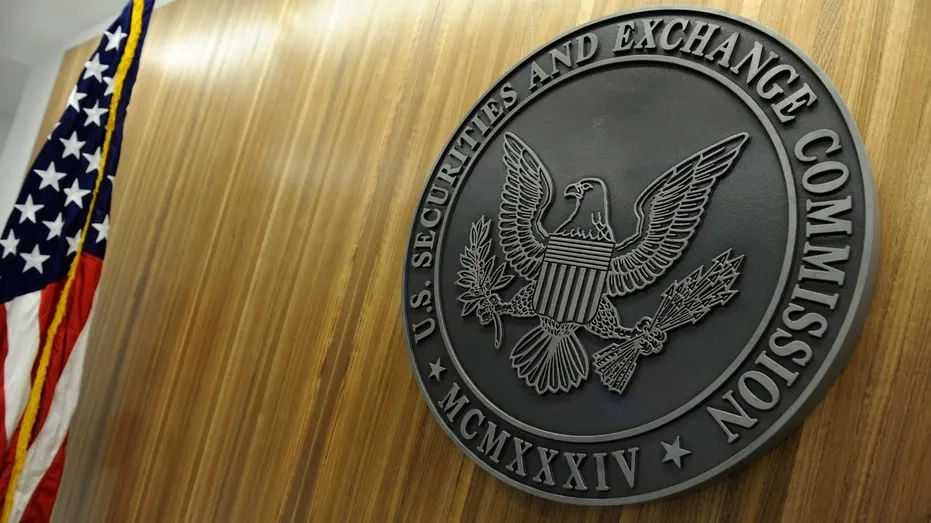The SEC cautioned accounting firms acting as cryptocurrency auditors to avoid misleading marketing claims, or risk facing disciplinary action.
SEC lead advisor Paul Munter wrote that crypto companies have incorrectly portrayed their relationships with accounting firms as full audits when the work does not meet the strict auditing definition.
Munter cited the Public Company Account Oversight Board stating that crypto “proof of reserve” reports have inherent limitations. Customers should be very wary of relying on such reports to conclude sufficient reserves exist to cover liabilities.
In essence, the SEC warned crypto-involved accounting firms that misrepresenting limited services as comprehensive audits could elicit penalties. The SEC advises firms to accurately convey the restricted nature of crypto reporting relationships to avoid potentially misleading investors on the assurances provided.
The SEC appears to be cracking down on crypto companies falsely claiming “proof of reserve” reports constitute financial audits.
SEC advisor Paul Munter wrote that as accounting firms increasingly provide this non-audit work, clients may misleadingly imply these alternative services equal or surpass financial audits. Munter states such suggestions are false, as non-audit services lack the rigor and comprehensiveness of audits, and cannot assure investors.
Munter advised that if a firm does such crypto reporting but its client calls it an audit, the firm should take action. This includes potentially a noisy withdrawal, publicly disassociating from the client, or informing the SEC if necessary.
Essentially, the SEC is warning against crypto companies exaggerating limited reserve reports as full audits. Firms are advised to push back on such misleading depictions or even dissociate from dishonest clients to avoid misleading investors about the assurances provided.
Accounting firms and crypto
Recently, major auditing firms Mazars and Armanino ended relationships with major crypto exchanges after concerns arose regarding proof of reserve reports and possible audit missteps related to insolvencies.
In December 2022, Mazars stopped providing crypto services to Binance, KuCoin, and Crypto.com, citing insufficient reassurance from proof of reserve reports and intense media pressure, per Bloomberg. This followed FTX’s collapse raising wider insolvency worries.
Armanino allegedly failed to catch irregularities leading to FTX’s downfall in its 2021 audit, prompting a class-action lawsuit. Armanino subsequently ceased crypto audits, leaving clients Kraken, Nexo, and CoinShares without an independent auditor. This spurred Armanino members to launch a new crypto-focused accounting firm.
FTX’s failure increased pressure across crypto for proof of reserves and audits. However, a May 2023 Bloomberg study found only 31 of 60 top crypto firms had undergone independent financial audits or attestations. Major players like Binance and Bitfinex cited reluctance from auditors.
Now, just two months later, the SEC has warned accounting firms about potential discipline for misleading crypto audit marketing, demonstrating increased scrutiny of crypto auditing practices and claims.




